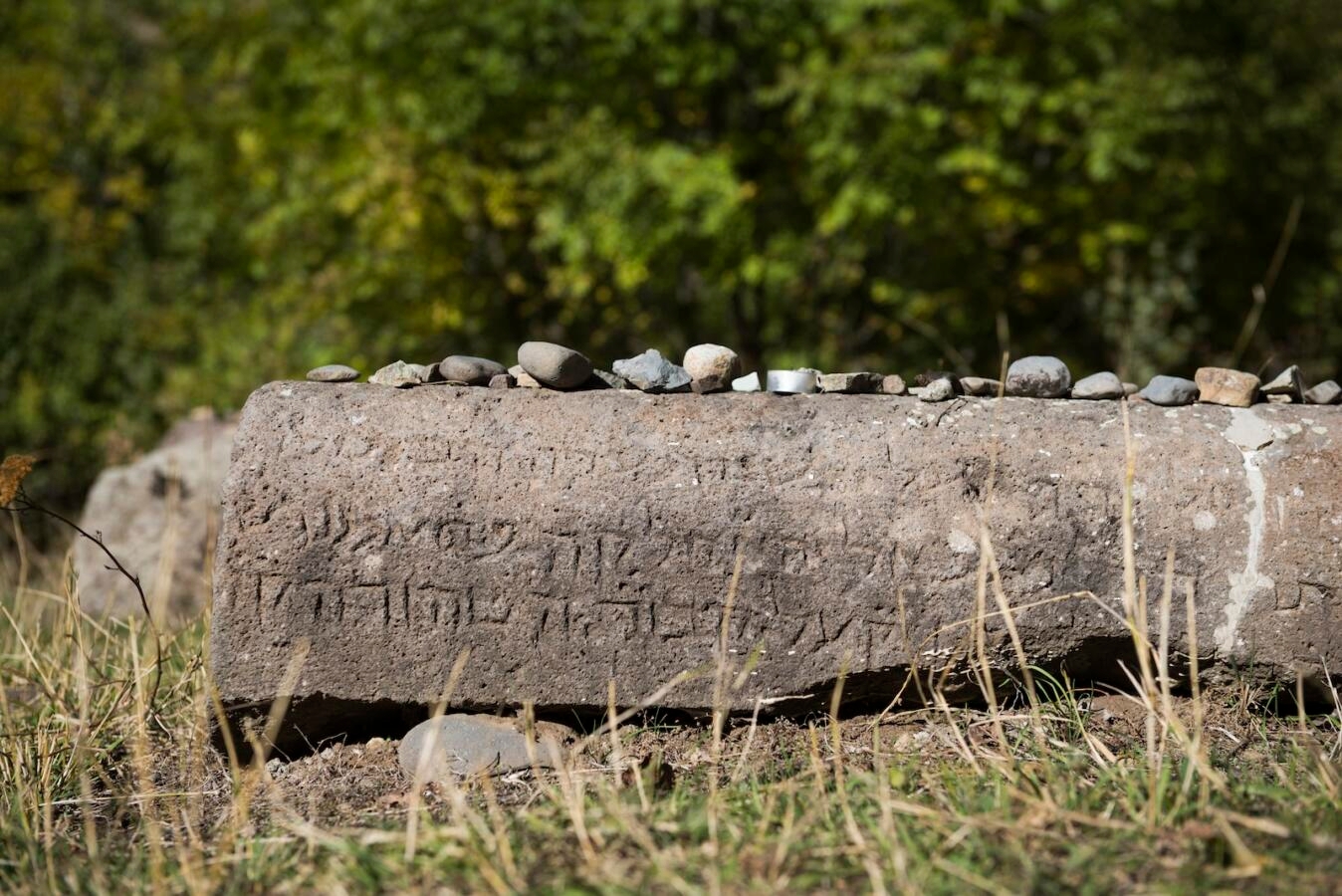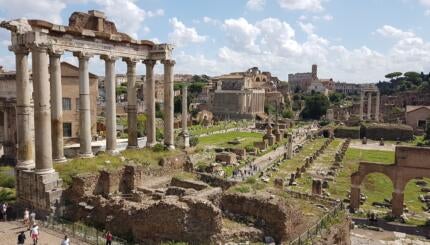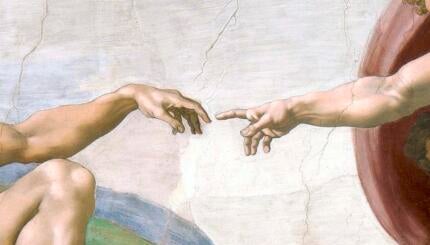As we enter 2024, many of us are feeling a sense of uncertainty, even wariness, in our bones.
The events that exploded onto the world stage during the last months of 2023 — the brutal attacks on Israeli Jews by Hamas on October 7, followed by Israel’s incursion into Gaza and the ensuing rise of antisemitic incidents around the world — have set off waves of shock, grief and apprehension for Jewish people everywhere. As a rabbi and psychotherapist, I have received many anxious calls and notes.
“I barely identify as Jewish,” one business executive confessed to me over the phone. “Yet I’m unbelievably triggered. Can you help me understand why?”
“For the first time in my life I feel unsafe,” a Jewish student wrote to me. “I suddenly know what my ancestors felt when they had to hide their true identity.”
With your help, My Jewish Learning can provide endless opportunities for learning, connection and discovery.
“I feel ‘re-traumatized’ by all the violence and the resurgence of antisemitism, even though I’ve never directly experienced either one in my lifetime,” a client reported.
Emotions are, by definition, non-rational. But for many of us, our strong reactions to the recent events in and around Israel have felt disproportionate, confusing and sometimes uncanny. One way to understand this is to see them as having roots in earlier times. In this sense, the attacks on innocent Jews on October 7 reverberate with a kind of biological memory of traumas that we ourselves may never have experienced, but whose residues nevertheless live within us.
Sound like a bubbe mayseh (grandmother’s tale)? Or a teaching from an obscure kabbalistic text? In fact, the notion that trauma residues can be transmitted intergenerationally is based on clinical studies in a relatively new field called behavioral epigenetics. These multi-decade studies demonstrate that younger generations can be deeply imprinted by the extreme life experiences that their ancestors endured, years before they themselves arrived on the scene.
This means, for example, that Jews whose great-grandparents survived the violence of the Russian pogroms, or whose grandparents hid from the Nazis with little food or light, or whose parents witnessed the bloody Farhud in Iraq in 1941, may carry within them a kind of cellular byproduct of their ancestors’ adverse life experiences. These molecular vestiges hold fast to genetic scaffolding. Though the DNA itself remains unchanged, how those genes express themselves can indeed be affected. Such epigenetic changes may make us more vulnerable to post-traumatic stress disorder, more sensitive to stresses in the environment, and can at times leave us with a predisposition to anxiety or depression.
Because I am more poet than scientist, the following vivid description by journalist Dan Hurley brought epigenetics to life for me. It also struck me as exceedingly Jewish: “Like silt deposited on the cogs of a finely tuned machine after the seawater of a tsunami recedes, our experiences, and those of our forebears, are never gone, even if they have been forgotten.”
For me, the phenomenon of intergenerational trauma is a reflection of the Hebrew phrase mi dor l’dor, which describes the Jewish tradition flowing from generation to generation. You may have heard these words sung in synagogue, or discussed in the context of Jewish tradition. Perhaps you’ve been to a bar or bat mitzvah at which a young Jewish person is celebrated as they are officially called to the Torah for the first time. One of the most emotional moments of the way this ritual is observed in my congregation is when the Torah scroll is taken out of the ark and lovingly passed down from the most senior relative to the next generation (typically aunts and uncles) to the parents, and perhaps to the older siblings of the bar/bat mitzvah. Finally, the Torah arrives into the arms of the young initiate, the newest link in an ancient chain of heritage. At that moment, the celebrant makes a silent commitment to uphold the ancestral values that have been passed down for thousands of years: uprightness and justice, lifelong learning, loyalty to family, and the fierce determination to protect and repair the world we have been given.
This ritual reenactment of mi dor l’dor is often the moment when tears are shed. One can feel the power of ancient heritage in the room. One can sense those who have passed but are with us still in spirit. And one can recognize that however connected or disconnected we are from the Jewish path, somehow we each play a part in this time-honored tradition that so many of our ancestors wrestled to preserve — and all too often, gave their lives for.
The legacies that come down to us are a rich and complex mixture of noble values and the painful trauma residues of our fraught history. All of these reverberate within our very cells. In our generation, both science and the still-unfathomed events of these past months teach us once again just how deep our connection is to our ancestors, and how their lives continue to echo within us, from generation to generation, mi dor l’dor.
This article initially appeared in My Jewish Learning’s Shabbat newsletter Recharge on Jan. 6, 2024. To sign up to receive Recharge each week in your inbox, click here.



